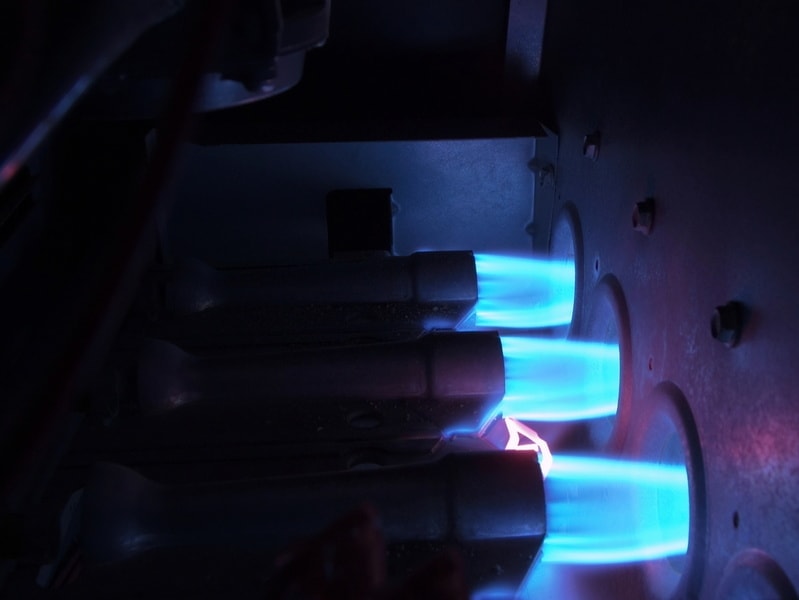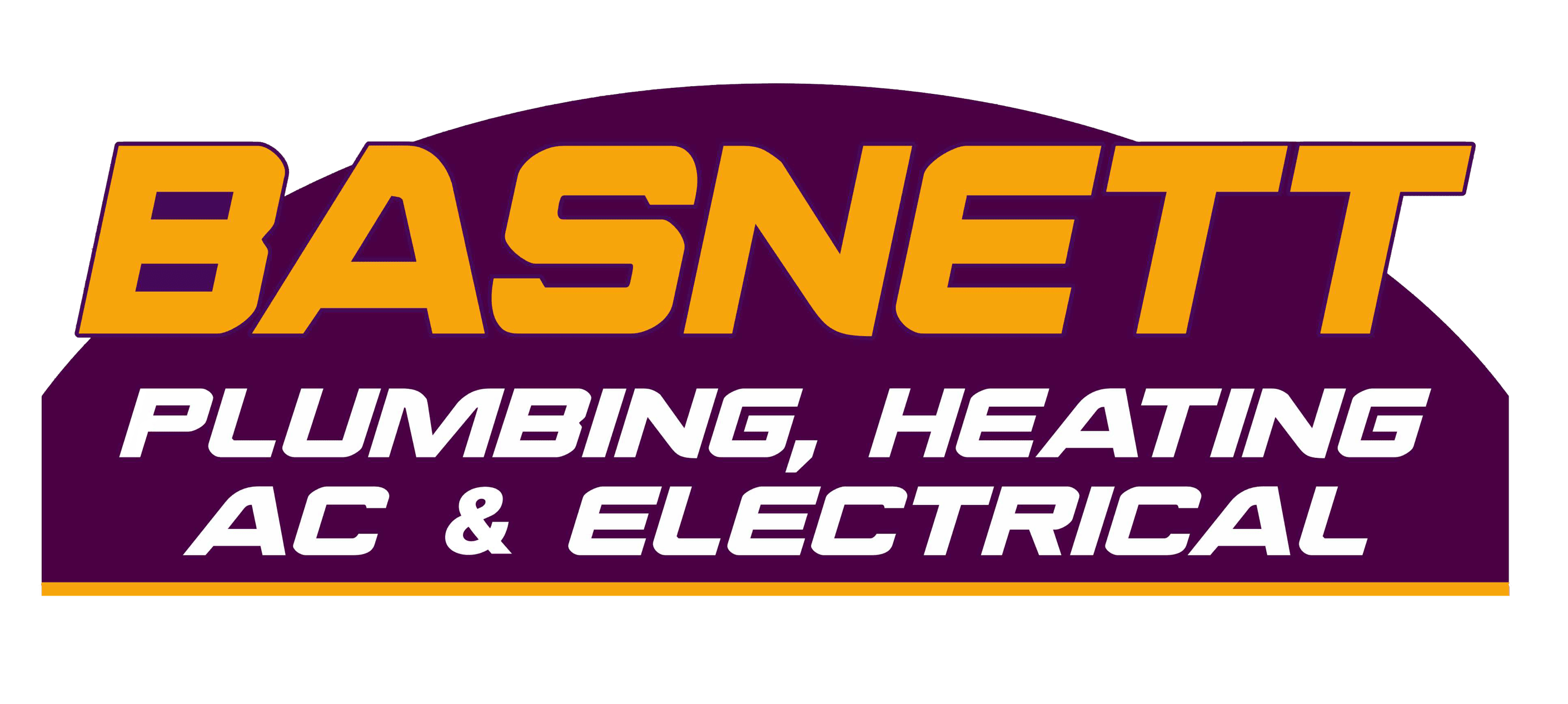A Vital Reason for a Pre-Season Gas Furnace Inspection

In our previous post, we talked about our Ultimate Savings Agreement and how it sets up your home for the best possible winter. Or at least the warmest possible winter with the fewest problems and lowest heating costs. Almost every HVAC contractor offers some type of maintenance program, since it’s the best way to ensure a long and effective service life from a heating system.
In this post, we’re addressing a specific maintenance function for a specific kind of heater. It isn’t a rare type of heating system, but the most common found in homes—the natural gas furnace. If you have a gas furnace in Carlisle, MA to warm your home, a maintenance inspection is vital for safety. Even if there were no other benefits to pre-season maintenance (and there are plenty), it would be worth it alone for how it protects your family.
Is my gas furnace dangerous?
We don’t want you to get the impression your gas furnace is a ticking time bomb or always on the edge of creating hazardous conditions. HVAC manufacturers design and build gas furnaces to strict safety requirements—they wouldn’t be allowed in homes, period, if they weren’t. So please don’t feel you need to be in a rush to have the gas furnace replaced with another type of heater. Electric furnaces are usually much more expensive to run and less effective, and the margin of safety isn’t that much greater than a gas furnace.
Regular inspections keep furnaces running safely
However, gas furnaces do have the potential to create hazards. This is true of any combustion appliance. Combustion creates byproducts that need proper ventilation to keep them out of the living spaces. Combustion may also create fires outside of the appliance. The way to prevent these problems is to have professionals regularly inspect the system and its safety precautions so any issues can be addressed quickly before becoming worse.
With a natural gas furnace, an inspector makes many different checks on the components and the gas line to ensure the furnace operates within safety limits. For example, a maintenance technician will ensure that the thermocouple or flame sensor is working correctly. This device is designed to shut off the flow of gas if the pilot light or electronic ignition system fails so unburned gas won’t flood the combustion chamber. The technician also checks the draw on the flue, which is where toxic combustion gases such as carbon monoxide are vented out from the heat exchanger and through the roof.
The single most important inspection is for the heat exchanger itself. The heat exchanger is the metal chamber where the heated combustion gas transfers its heat to the metal walls and then heats the air moving through the furnace. Age and corrosion on the heat exchanger can cause cracks to occur—and these may permit carbon monoxide to escape and enter the air. Technicians look carefully for any signs of heat exchanger cracks so the exchanger can be replaced before winter.
Basnett Plumbing, Heating & AC has been trusted for over 30 years. Schedule HVAC maintenance with us today.
Need HVAC Service?
Contact the experts at Basnett Plumbing, Heating, AC & Electrical.
Call us at 978-431-2906!
